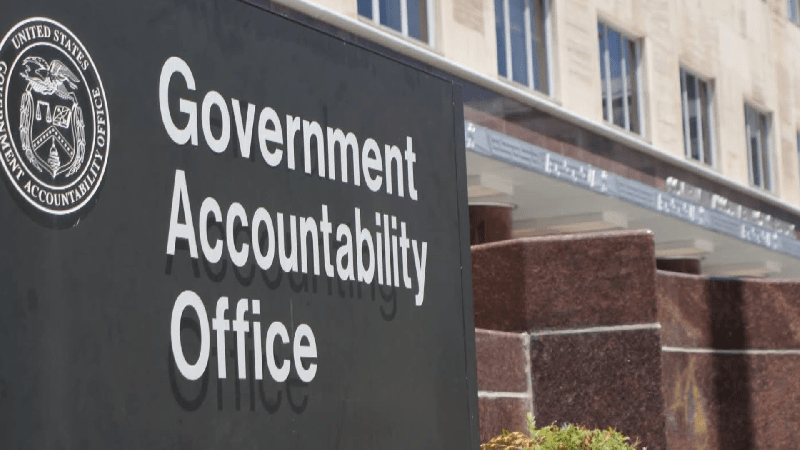
The Government Accountability Office (GAO) has named Sterling Thomas as the agency’s new chief scientist, a role in which he will help lead GAO’s science and technology work.
In his new position, Thomas will oversee the work conducted by GAO’s Science, Technology Assessment, and Analytics (STAA) team, which provides Congress with insight on emerging technologies.
“We’re fortunate to have Sterling join us in furthering our mission to help Congress oversee the substantial Federal investment in science and technology and stay apprised of emerging opportunities and challenges,” Gene Dodaro, comptroller general of the United States and head of the GAO, said in a press release today.
“Sterling brings a wealth of knowledge and experience across these fields that will add great value to our accelerating body of science and technology-related work,” Dodaro added.
Previously, Thomas served as the chief scientist at Noblis – a nonprofit research institute – for about six years. There, he oversaw cutting-edge projects such as “creating new methods for synthetic biology and methods for using artificial intelligence to detect sophisticated cyberattacks,” GAO said.
He also served as a principal investigator where his research was funded by the Department of Defense and the Intelligence Advanced Research Projects Activity, among other intelligence community partners.
“GAO is much more of an ideas organization, but science and technology permeate all of the things we do,” Thomas said in a new GAO podcast. “So, my role at GAO is really to help guide that science and technology component of all the work we do, in addition to supporting the STAA organization, and developing science and technology reports, and ideas that can be shared with Congress.”
As chief scientist, he said part of his job is to look at the horizon of new technologies coming in and then help Congress “get a head start” on policy or investments to help support those technologies.
Thomas said the two top technology trends he’s focused on now are machine learning and artificial intelligence.
“GAO is looking at these for the purpose of providing just good information to Congress and the American people,” Thomas concluded. “And so, GAO is really focused on improving Americans lives and doing that by supporting Congress and making sure the government’s being responsible in the way they use science and technology.”
